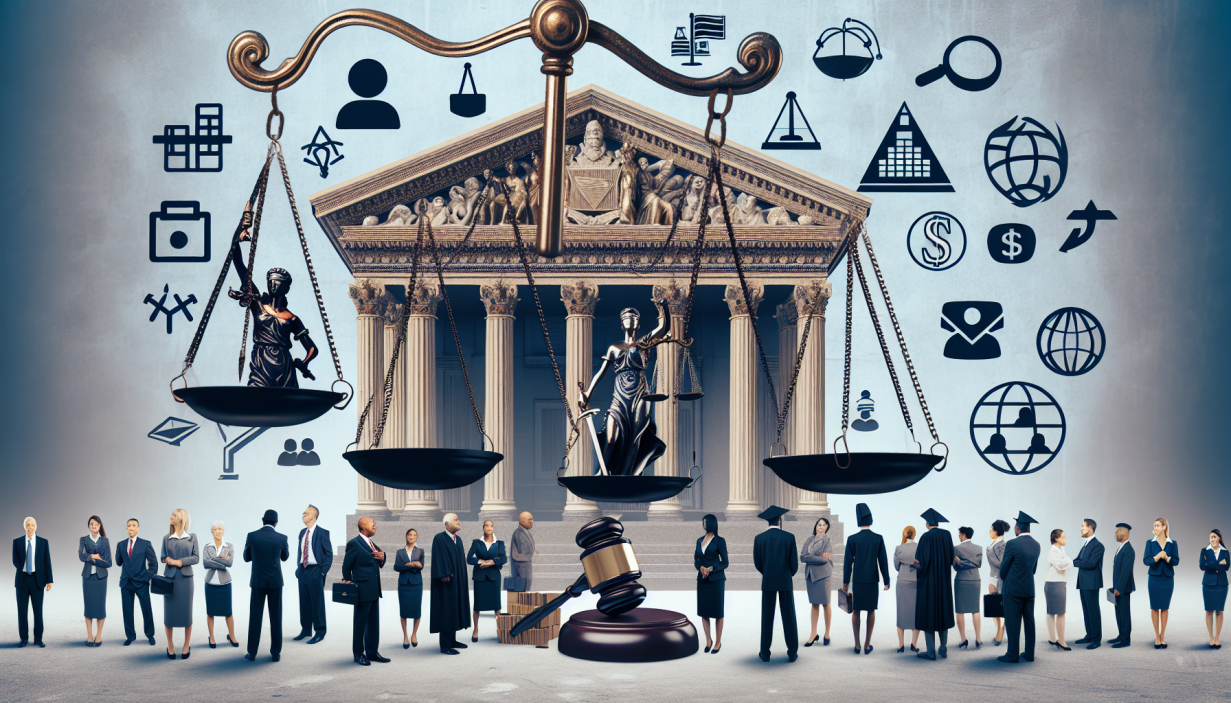Banking and Ideology Don't Mix or Do They?
Prosecutors from 15 states have teamed up against Bank of America accusing them of 'unconstitutional "viewpoint-based debanking"
April 22, 2024 05:45 AM
Reading time: 2 minutes, 2 seconds
TL;DR A coalition of 15 state attorneys general, led by Virginia's Jason S. Miyares, is confronting Bank of America over allegations of closing accounts based on customers' political and religious beliefs. They demand a report on the bank's account policies, highlighting concerns over discrimination and the potential for litigation.

A group of state attorneys general from 15 states has taken a stand against Bank of America, alleging that the financial institution may be engaging in discriminatory practices by closing accounts due to customers' religious and political views.
This coalition, spearheaded by Jason S. Miyares, the Attorney General of Virginia, accuses the bank of 'viewpoint-based debunking,' a practice that they claim not only violates constitutional liberties but also positions the bank as one of the major players in the industry with a history of such actions.
Demand for Transparency and Change
The attorneys general are not just raising concerns; they are demanding action. They have called on Bank of America to produce a comprehensive report detailing its policies and practices regarding account management, explicitly asking the bank to affirm that it does not discriminate against individuals based on their religious or political beliefs.
Furthermore, the coalition is urging the bank to reconsider its stance on prohibiting 'intolerance' and 'hate' in its online banking service agreement, viewing these terms as potentially broad and subjective.
"Bank of America's blatant discrimination against account holders whose political and religious ideologies don't align with its own is appalling and un-American," stated Miyares in a press release.
This demand for transparency and change is not without context. In recent years, the attorneys general have referenced several instances of 'debunking', targeting industries and entities such as gun manufacturers, coal mining companies, and contractors associated with U.S. Immigration and Customs Enforcement.
According to the coalition, these actions not only showcase a pattern of behavior by Bank of America but also raise significant legal and regulatory concerns.
Allegations of Indoctrination
The prosecutors added another layer to their critique. They accused Bank of America of indoctrinating its employees with divisive training programs. These programs allegedly promote concepts such as 'decolonizing the mind' and urging employees to 'cede power to people of color.'
The attorneys generally argue that such initiatives foster division and expose the bank to additional legal risks under consumer protection and anti-discrimination laws.
As the 30-day window for Bank of America to respond to these demands closes, the bank finds itself at a crossroads.
Addressing these concerns may require a reevaluation of its policies and practices and a broader reflection on the role financial institutions play in societal debates.
The outcome of this confrontation could have far-reaching implications, not just for Bank of America but for the banking industry as a whole



